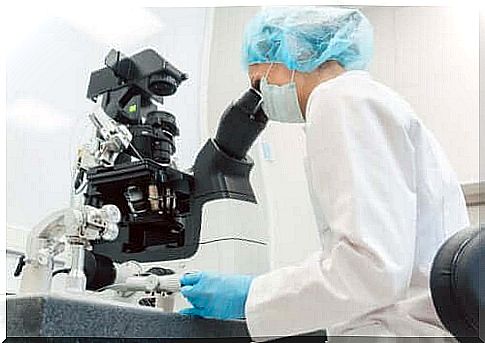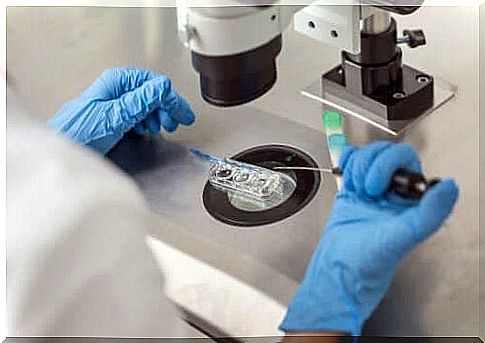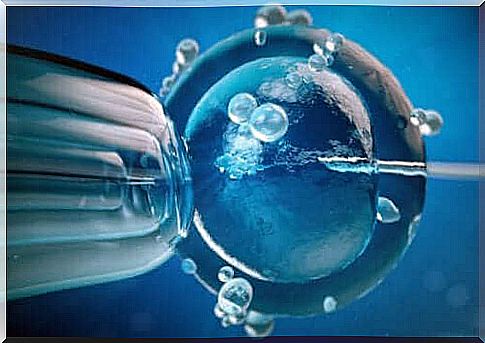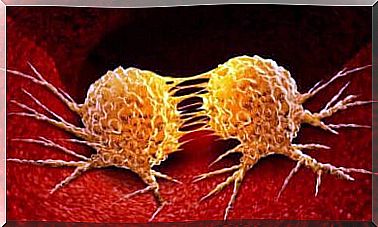Preimplantation Diagnostics And Assisted Reproduction

Preimplantation diagnostics (PGD) is a procedure performed before assisted reproduction. This is something that is used when a woman is not able to get pregnant in the natural way.
In this article we will explain what you need to know about PGD. We will also tell you what benefits it has for pregnancy and what methods doctors must use for successful fertilization.
What is preimplantation diagnostics?

Basically , preimplantation diagnostics studies the eggs and embryos. This is done to avoid implanting embryos that could lead to miscarriage or an unhealthy baby.
This is one of the benefits of assisted reproduction. When a woman becomes pregnant in the natural way, she cannot choose between a healthy or unhealthy embryo. Preimplantation diagnostics, on the other hand, prevent the baby from being born with Down syndrome or Turner syndrome, among others.
Methods
Before the egg is implanted in the uterus, doctors perform preimplantation diagnostics. To do this, they perform an in vitro fertilization and place the fertilized eggs in a glass capsule. Then they wait for three to five days to analyze how they develop.
After that, they perform a biopsy on each embryo to explore any genetic problems. After this, doctors select up to three healthy embryos that they implant in the woman’s uterus.
However, there are some common questions people may have:
What if the woman does not get pregnant? Does she have to go through this process again?
The answer is no. After all, even if only three embryos are selected for implantation, there may be many more healthy ones. In these cases, the doctor may freeze them to try to repeat the procedure later.
A useful technique

This technique is especially useful for couples who have a family history of severe genetic disorders or who suffer from it themselves.
Although you may think that this technique can only be used when the woman cannot become naturally pregnant, the truth is that it is a useful technique in cases where there is a disease in the family that can be inherited.
In this way , medical professionals can choose a healthy embryo without life-altering hereditary disorders. Naturally, it is often a recommended technique in these situations.
However, it still causes debate.
The ethics behind preimplantation diagnostics
There are still some ethical objections this year when it comes to taking care of the rest of the embryos.
In some cases, people are concerned about the personal dignity of the human embryo and maintaining the natural way of doing things. Some believe that preimplantation diagnostics are against all of this as it allows healthcare professionals to select the healthiest embryos without genetic alterations.
This is without a doubt a healthy debate to keep in mind.
However, those in favor of the procedure hope to be able to raise healthy children.
Today, methods like this exist so that infants are not born with diseases that only allow them to live for a short period of time.
It is an option, especially for women who can not get pregnant or who are afraid of having children because they can inherit a disease. It is a valid alternative to keep in mind.
If there was a degenerative disease in your family, would you have undergone preimplantation diagnosis? What do you think about this procedure?









